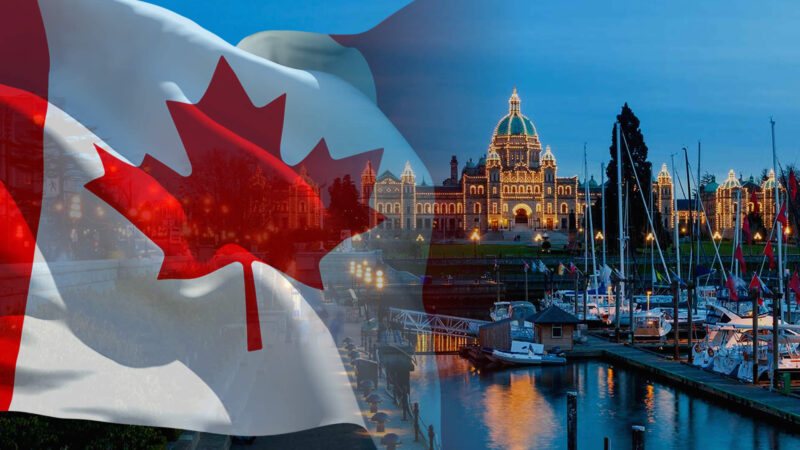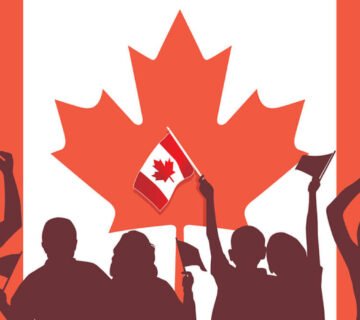
Canada launching 6 new immigration programs for international graduates, essential workers and French speakers
IRCC is offering paths to permanent residency to 90,000 foreign students and critical workers in Canada, as well as an unrestricted number of French-speaking candidates.
This May, six new paths to permanent residency will open up for essential jobs, foreign graduates, and Francophones in Canada.
Marco Mendicino, Canada’s immigration minister, confirmed the latest programmes on April 14. Three of the proposed programs would enable 90,000 new immigrants to obtain permanent residency status this year. The other three French-speaking immigrant pathways would not have an intake limit.
Temporary workers in hospitals and long-term care homes, as well as those on the working in other critical sections, and also foreign student graduates from Canadian educational institutions, will be eligible for the new schemes.
On May 6 IRCC will begin accepting applications for the three streams mentioned below:
- 20,000 applications for temporary workers in health care
- 30,000 applications for temporary workers in other selected essential occupations
- 40,000 applications for international students who graduated from a Canadian educational institution
The streams will be open until November 5, 2021, or until they exceed their maximum capacity. Those employed in 40 different healthcare positions, as well as workers in 95 ciritical occupations, such as caregiving and food processing, are covered by these new government policies.
Workers must have at least one year of experience in a healthcare position or another critical occupation in Canada to be qualified. International graduates must have graduated from a post-secondary education institute in Canada throughout the last four years, and no sooner than January 2017.
To apply, graduates and employees must be fluent in French or English, satisfy general admissibility criteria, be present, authorized to work, and employed in Canada at the time of their request. They must also live in a province other than Quebec in Canada.
In a press release, Mendicino added: “These new policies will help those with a temporary status to plan their future in Canada, play a key role in our economic recovery and help us build back better. Our message to them is simple: your status may be temporary, but your contributions are lasting—and we want you to stay.”


